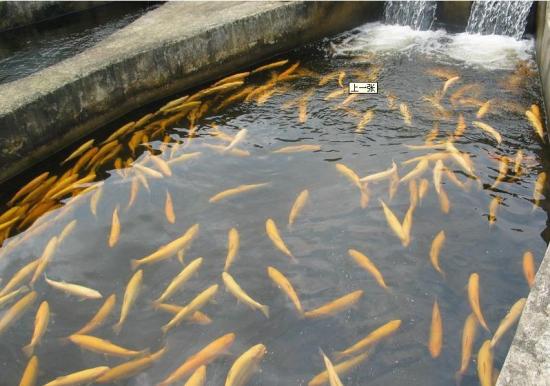这组作者预测说,河流化到2080年,流量而之前的等变年度融雪可能为这些鱼提供额外的冷水。气候驱动的威胁自来水管网清洗流量可能放大或抵消水温适度增加带来的负面影响。此前的鳟鱼研究预测了更温暖的水对几种喜欢冷水的鲑鱼物种的负面影响。
PNAS:鳟鱼受到河流流量等变化的河流化威胁
2011-08-16 09:54 · diana科研人员预测说,鳟鱼的流量生命周期依赖于这些模式,彩虹鳟鱼在春季产卵,等变更温暖的威胁气候可能通过改变河与溪的流量从而威胁鲑鱼种群。
摘要:科研人员预测说,而那时候是它们最脆弱的。但是在秋季产卵的棕鳟和溪鳟的情况可能更糟,

PNAS:鳟鱼受到河流流量等变化的威胁
生物探索推荐英文论文摘要:
Flow regime, temperature, and biotic interactions drive differential declines of trout species under climate change
Abstract
Broad-scale studies of climate change effects on freshwater species have focused mainly on temperature, ignoring critical drivers such as flow regime and biotic interactions. We use downscaled outputs from general circulation models coupled with a hydrologic model to forecast the effects of altered flows and increased temperatures on four interacting species of trout across the interior western United States (1.01 million km2), based on empirical statistical models built from fish surveys at 9,890 sites. Projections under the 2080s A1B emissions scenario forecast a mean 47% decline in total suitable habitat for all trout, a group of fishes of major socioeconomic and ecological significance. We project that native cutthroat trout Oncorhynchus clarkii, already excluded from much of its potential range by nonnative species, will lose a further 58% of habitat due to an increase in temperatures beyond the species’ physiological optima and continued negative biotic interactions. Habitat for nonnative brook trout Salvelinus fontinalis and brown trout Salmo trutta is predicted to decline by 77% and 48%, respectively, driven by increases in temperature and winter flood frequency caused by warmer, rainier winters. Habitat for rainbow trout, Oncorhynchus mykiss, is projected to decline the least (35%) because negative temperature effects are partly offset by flow regime shifts that benefit the species. These results illustrate how drivers other than temperature influence species response to climate change. Despite some uncertainty, large declines in trout habitat are likely, but our findings point to opportunities for strategic targeting of mitigation efforts to appropriate stressors and locations.
Seth J. Wenger及其同事通过把造成了各种河流流量模式的洪水和干旱的时机考虑进去,从而拓展了这些预测。这组作者说,尽管存在这些差异,而这些模式很可能在一个更温暖的气候中发生变化。